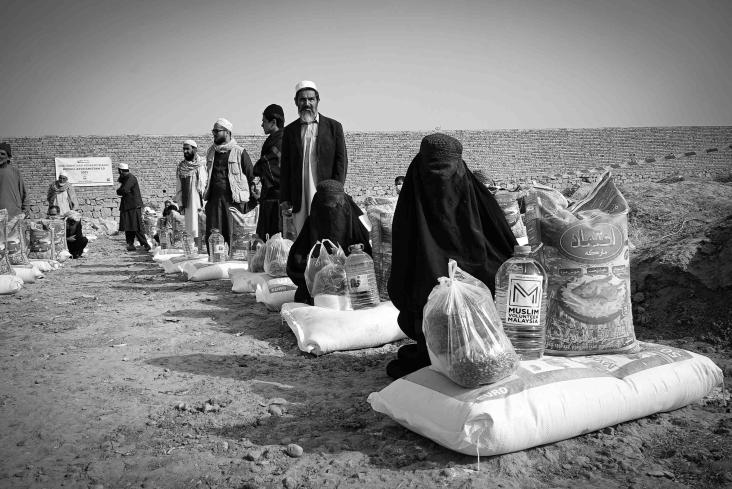This article examines the role of echocardiography in assessing rheumatic heart disease (RHD) among pregnant women in the Northern Territory (NT of Australia, which has a high prevalence of RHD in the First Nations population.
This chapter supports UN SDG3 and discusses how Indigenous communities are grounded in the connections among people and between people and the natural world. Especially important is the wisdom of elders and the knowledge that comes from culturally embedded teachings and how unique technological tools can aid in strengthening self-esteem and well-being and rebuild core cultural relationships.
This content addresses SDG 3 (Good Health and Well-being) and SDG-10 (Reduced inequalities), aligns with the World Health Organization’s goal to promote universal health coverage, and aims to help close the health treatment gap that keeps remote, underserved communities from accessing needed quality health services.
This content aligns with Goal 3: Good Health as well as Goal 10: Reduced Inequalities by providing research on disabilities to help prepare for future public health disasters. It also promotes inclusive leadership and implementation that considers the needs of people with disabilities.


